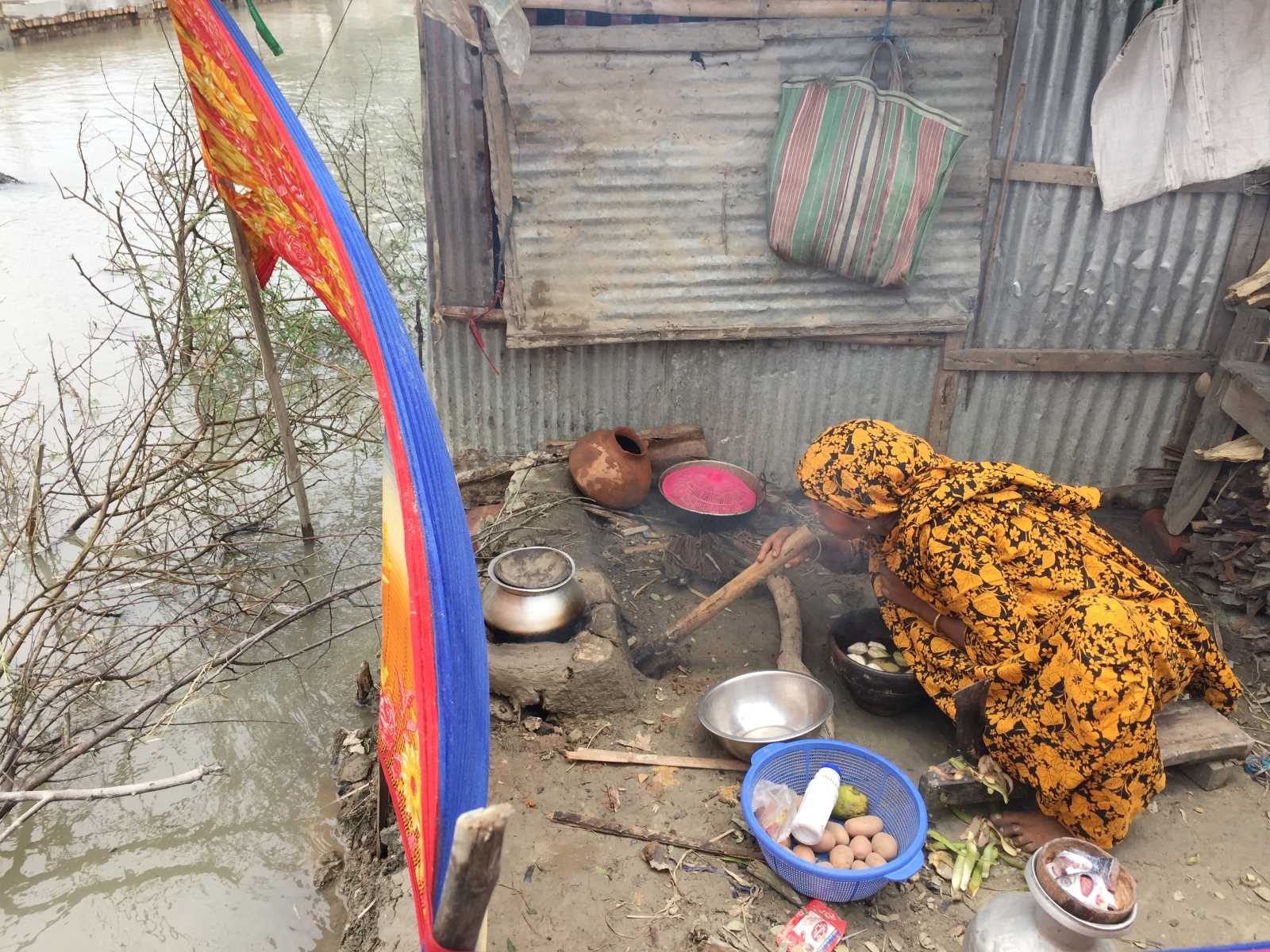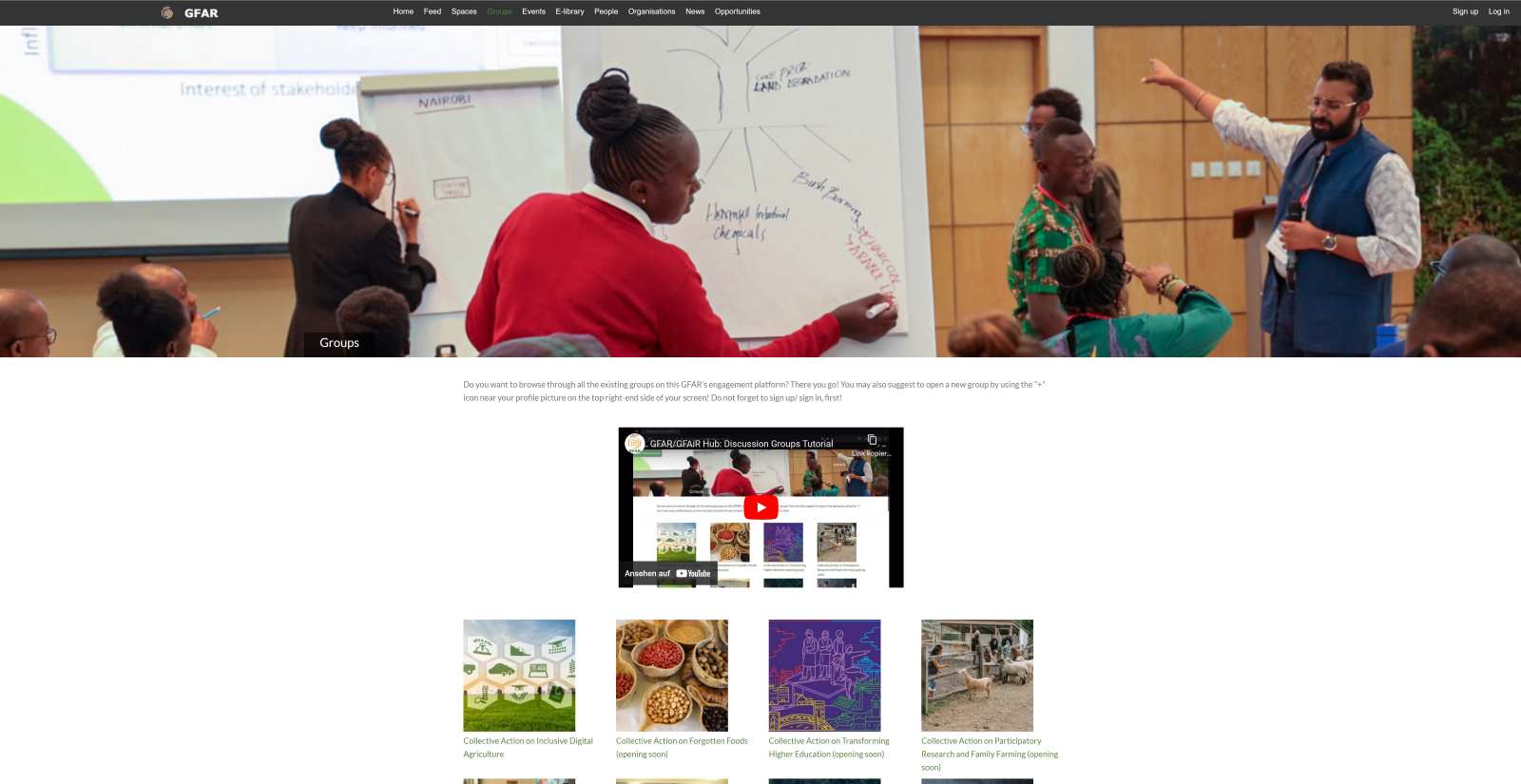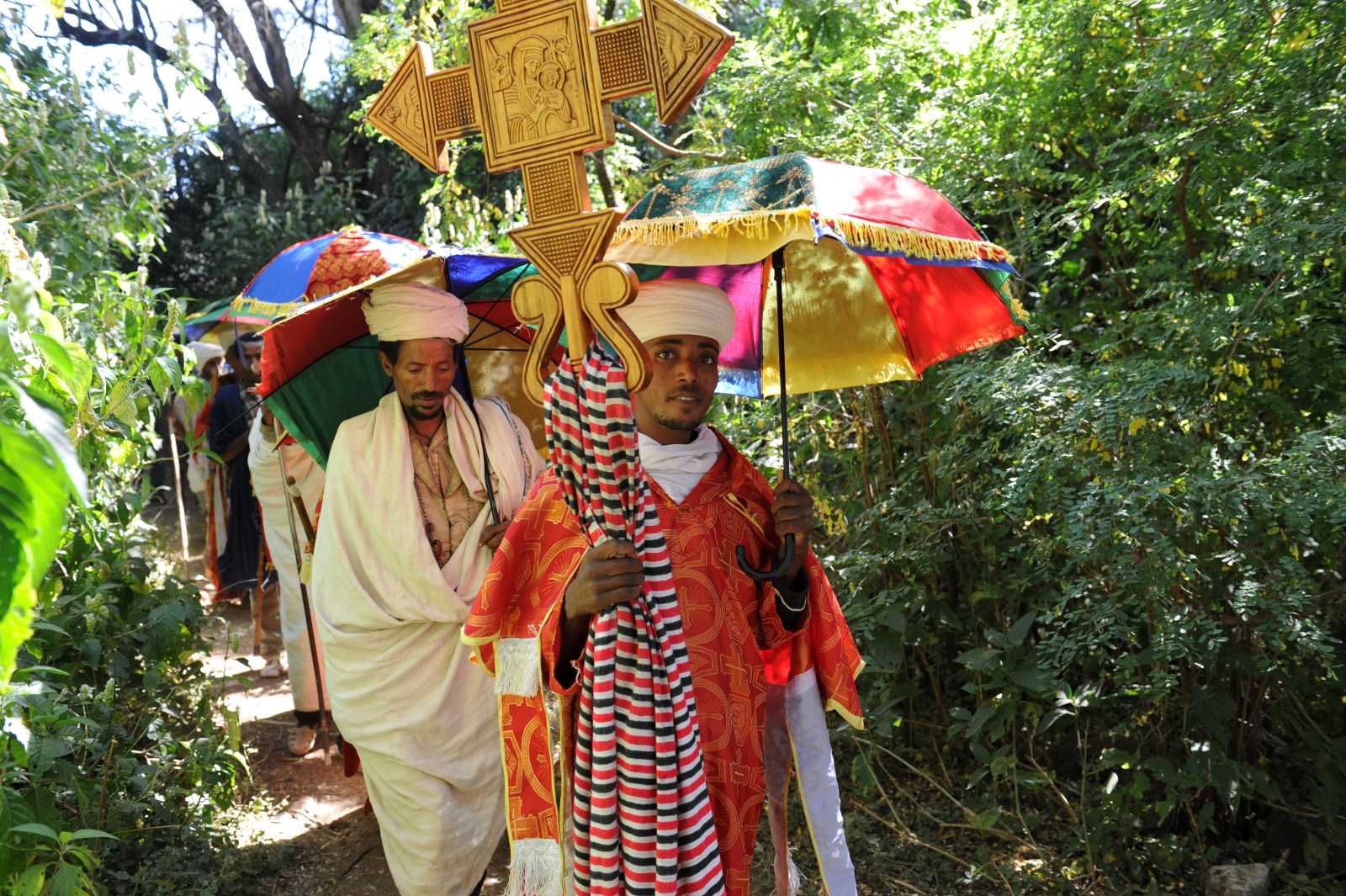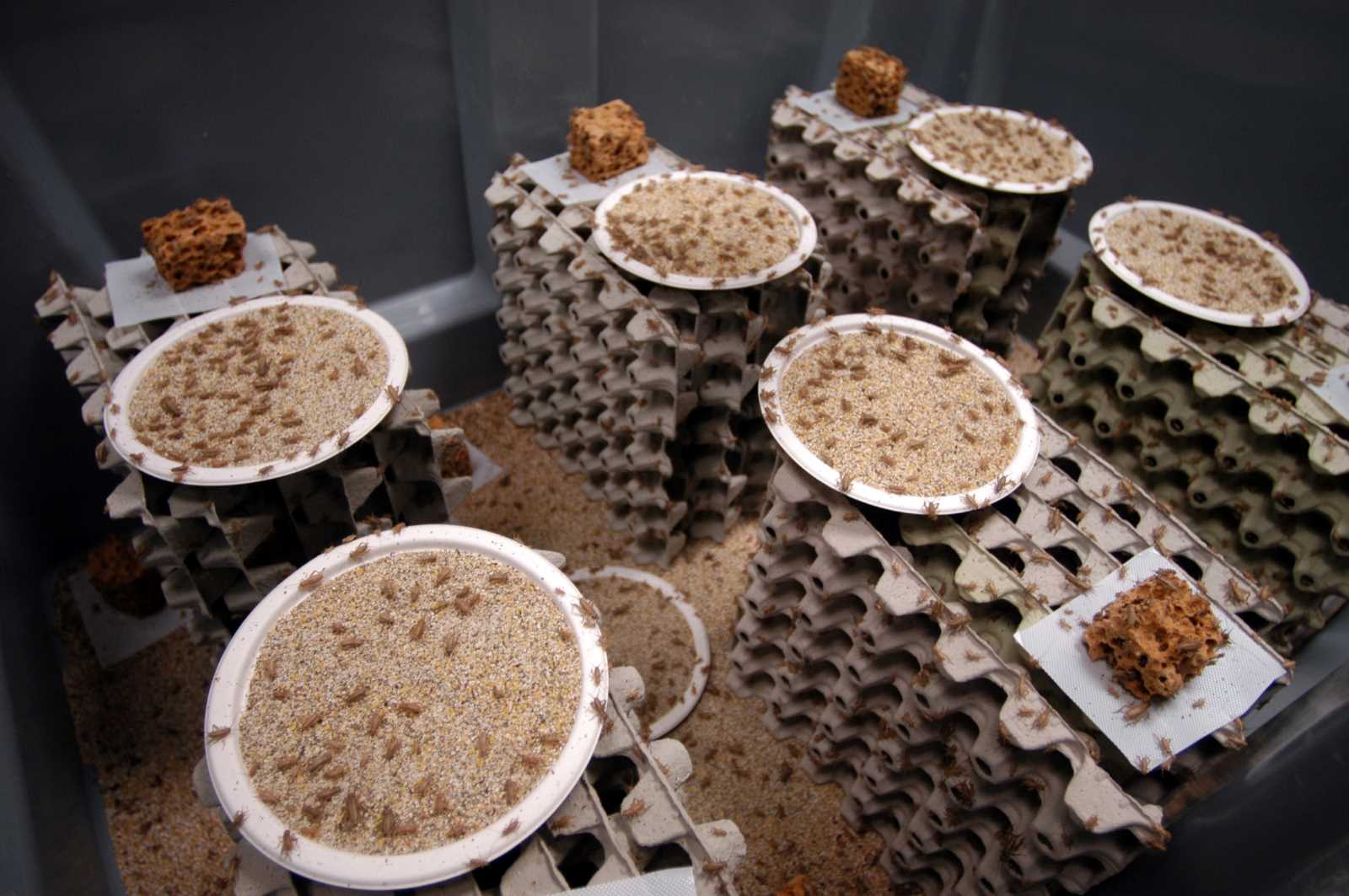Farmers’ rights
Secure land tenure boosts resilience to global heating
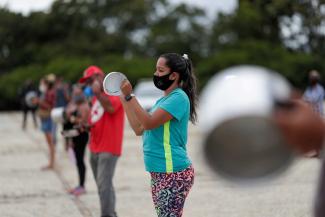
Rural communities tend to be especially vulnerable. They need to be empowered so they become more resilient. Better land tenure serves that purpose because it enables them to adapt to the changing climate in ways that suit their specific needs:
- Secure tenure gives rural communities a long-term stake in the health of their land and thus creates incentives to invest in sustainable land-management practices. Land ownership also ensures they have resources for doing so.
- Experience shows that rural communities with secure land tenure are indeed more likely to adopt practices that prevent soil erosion, promote agroforestry and conserve water resources. These measures serve resilience against climate change-induced disasters.
- Land tenure enables communities to engage in efforts to conserve biodiversity. When communities have control over their land, they are more likely to establish protected areas, implement wildlife corridors and apply traditional ecological knowledge in ways that safeguard local biodiversity. Diverse ecosystems, in turn, are more resilient to climate disruptions.
- Rural communities intimately understand the unique climate challenges they face. With secure land tenure, they will develop local adaptation strategies that suit their needs, including crop diversification, soil improvement and sustainable water management.
At the same time, secure land tenure serves climate-change mitigation too:
- Trees take many years to grow, and rural families who know they will benefit from long-term investments are more likely to engage in afforestation and reforestation. Trees are carbon sinks, absorbing atmospheric carbon dioxide and mitigating greenhouse-gas emissions. To some extent, international funding is available for afforestation and reforestation. However, secure tenure rights are often a precondition for participating in projects related to REDD (Reduced Emissions from Deforestation and Forest Degradation).
- Tenure security allows communities to invest in agroecology and organic farming. These environment-friendly methods reduce the need for chemical inputs, ultimately lowering carbon emissions from the agricultural sector.
- People with land-tenure rights can participate in generation of solar and wind power. By diversifying sources of revenue and contributing to clean energy generation, these initiatives help to reduce the use of fossil fuels.
Advocacy matters
The empowerment of local rural communities through secure land-tenure rights requires concerted efforts on multiple fronts. Too many rural people have no rights – or only rather shaky rights – to the land they depend on. Women in particular are often denied what they should be entitled to.
Advocacy plays a pivotal role in ensuring that policymakers recognise the intrinsic links between land tenure on the one hand and climate adaptation and mitigation on the other. Advocacy groups will obviously benefit from solid data and scientific evidence. It is important to highlight success stories. Such examples can inspire others and encourage policymakers to promote change. On the other hand, case studies and evidence documenting disasters can help to avoid repeating mistakes.
A positive example is the promotion of mangrove co-management approaches in Bangladesh. A key component was the allocation of clear tenure rights to local communities. Land tenure allows them to use and manage mangroves in ways that increase their resilience to flooding resulting from sea-level rise.
It is important to push for reforms and policy initiatives to enhance local people’s land tenure. It also makes sense to promote collective land use planning, involving rural communities in climate action. Relevant policy measures include:
- the legal recognition of customary land rights,
- streamlined land-registration processes and
- protection against land grabbing.
Collective action
Advocacy is more effective when diverse stakeholders collaborate. Civil-society organisations, community-based initiatives, research institutions and government agencies should cooperate on amplifying the message. So far, however, there is a lack of grassroots involvement. All too often, local voices are not heard. Community-based organisations must be empowered, not least because they are essential for reaching out to rural people and convincing them of new approaches.
The Global Forum on Agricultural Research and Innovation is a multi-stakeholder membership-based platform. To emphasise inclusiveness, it will soon change its acronym from GFAR to GFAiR. Its mission includes focusing on small farmers’ empowerment. Among other things, it engages in what it calls Collective Actions. One of them is called “Mainstreaming land rights of the rural poor in the climate discourse”. In this context, a diverse set of stakeholders is exploring common interests and identifying priorities for addressing the extreme vulnerability of landless or almost landless poor in regard to the fast growing risks of climate-induced disasters. Core objectives are to:
- raise awareness for the relevance of land tenure,
- promote the involvement of local communities,
- ensure open access to relevant data and
- share best practices.
This Collective Action is coordinated by ANGOC (the Asian NGO Coalition for Agrarian Reform and Rural Development). This GFAR member also laid the foundations for the Collective Action. Other partners include the Netherlands-based Land Portal Foundation, the Association for Land Reform and Development (ALRD) in Bangladesh, the multisectoral and international Global Land Tool Network (GLTN) and the Asia-Pacific Association of Agricultural Research Institutions (APAARI).
The empowerment of local communities is necessary both for mitigating and adapting to climate change. Where people have secure land tenure, they become stewards of the environment. Their rights must be ensured accordingly.
Valeria Pesce works for the Global Forum on Agricultural Research and Innovation (GFAR, but from February on GFAiR).
valeriapesce.ita@gmail.com
Nathaniel Don Marquez works for the Asian NGO Coalition for Agrarian Reform and Rural Development (ANGOC).
https://www.apaari.org/
Romy Sato works for the Land Portal Foundation.
romy.sato@landportal.info


